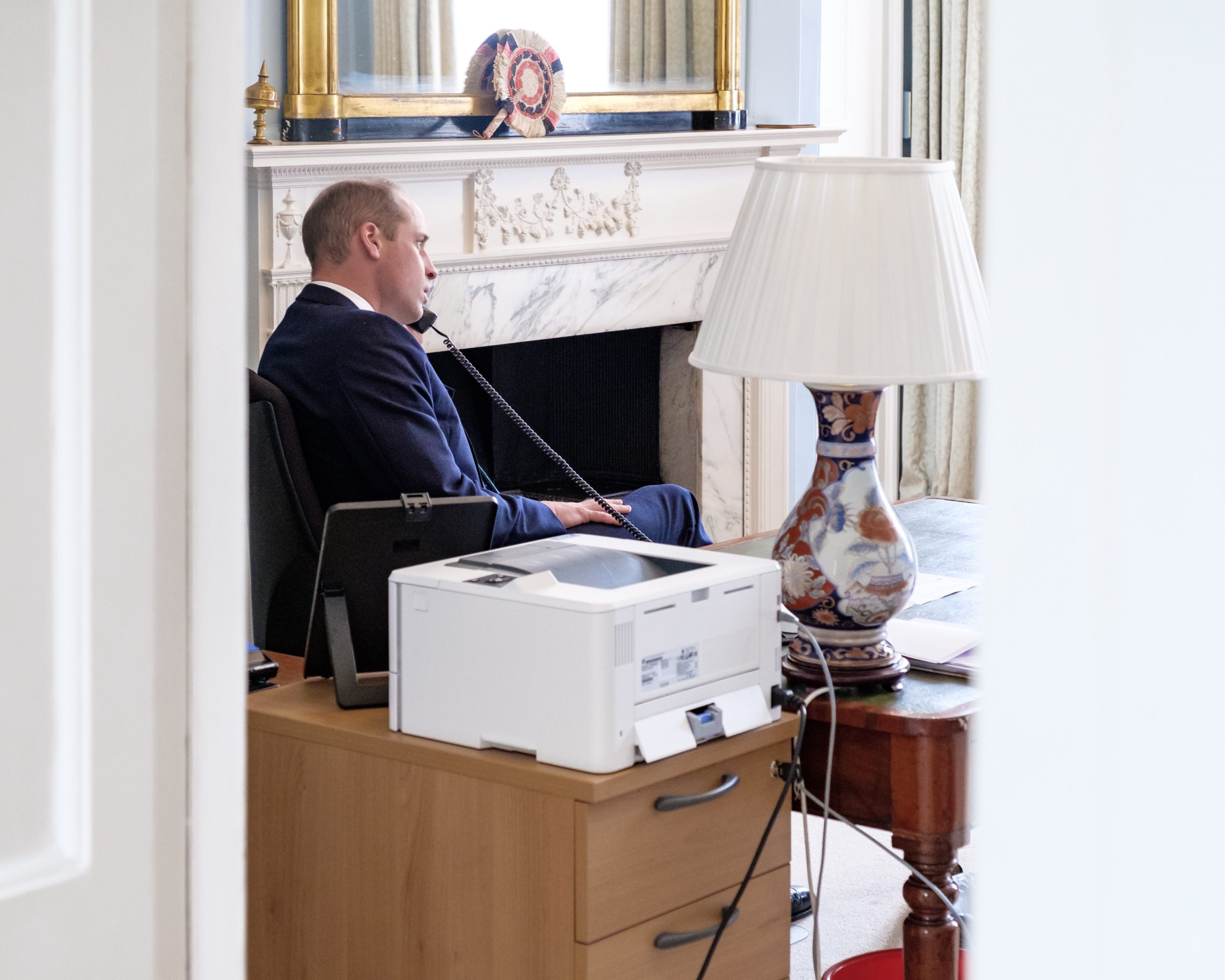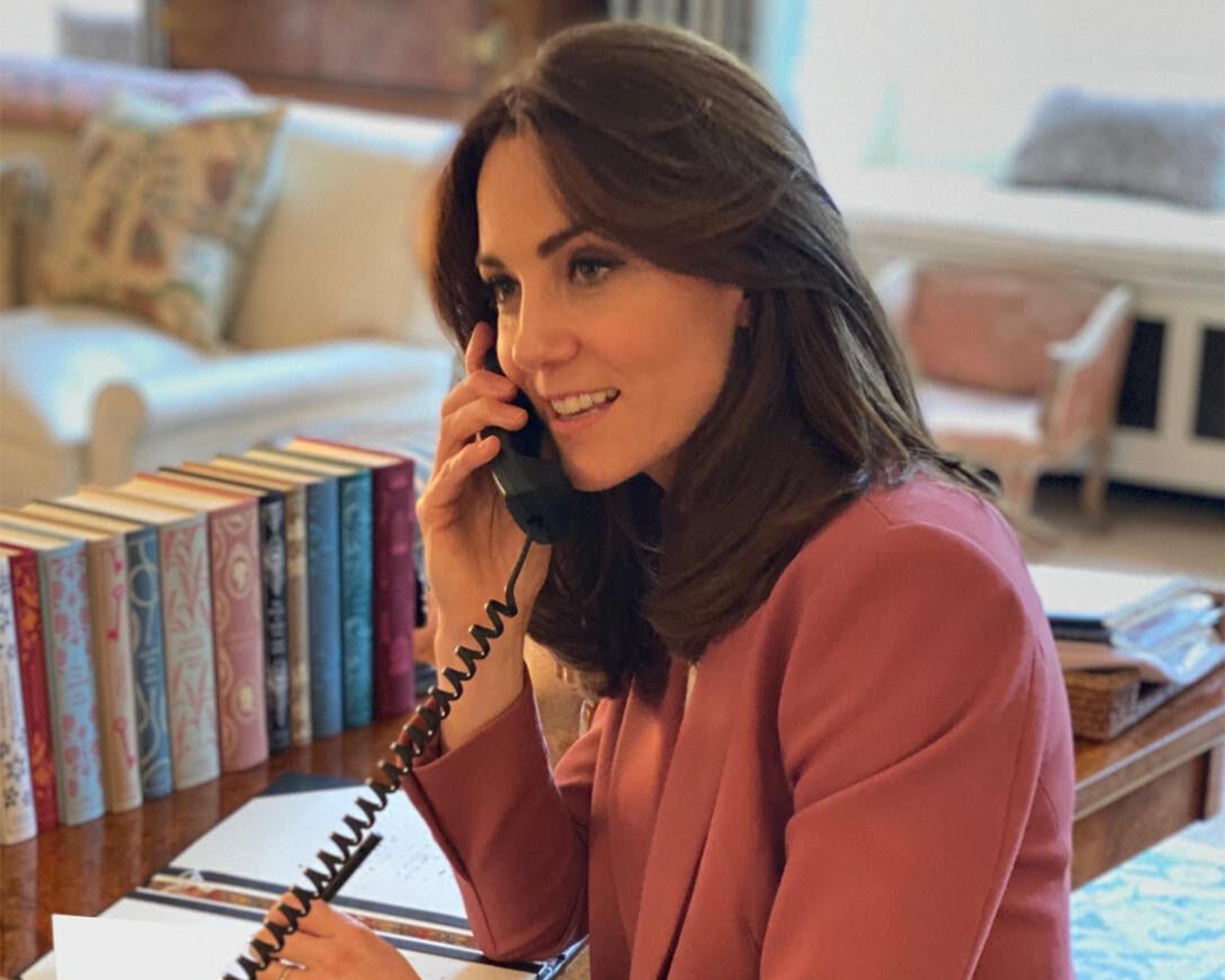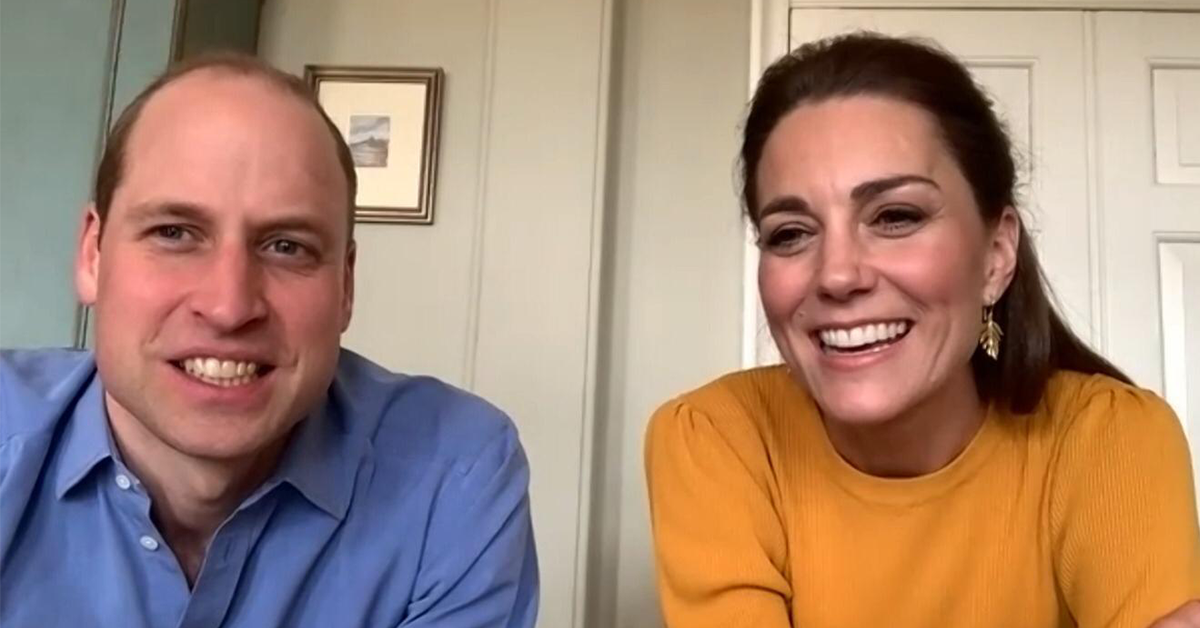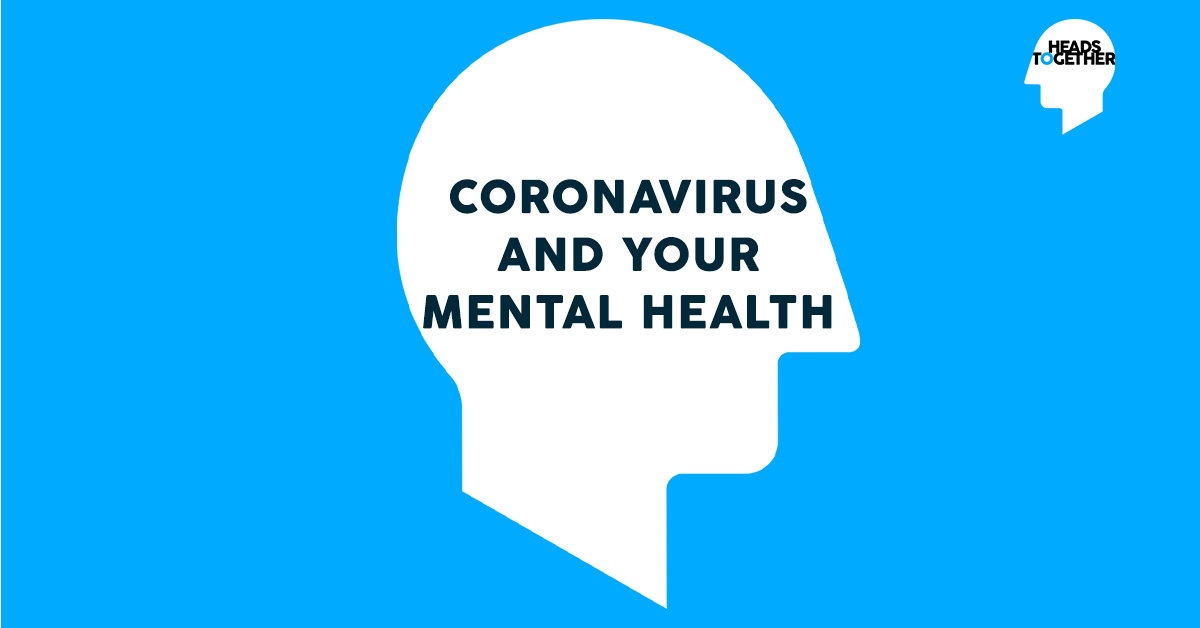The Duke and Duchess of Cambridge have been in regular contact with organisations and patronages to understand the issues they are facing during this difficult time. A few weeks ago, The Duke spoke to the CEO of Mind, Paul Farmer and The Duchess spoke to the CEO of Place2Be, Catherine Roche.

The Duke and Duchess of Cambridge have long been advocates for mental health, through their respective patronages and The Royal Foundation’s Heads Together campaign.
In recognition of the unprecedented challenges which the outbreak and extended periods of self-isolation can pose, Public Health England has published new online guidance on gov.uk setting out principles to follow to help people to manage their mental health during this difficult time, such as:
- Maintaining contact with friends and family via telephone and video calls, or social media;
- Keeping a regular routine and sleeping pattern; and
- Focusing on a hobby or learning something new.
In addition to its new public guidance, Public Health England has also updated its world-leading Every Mind Matters platform, with specific advice on maintaining good mental wellbeing during the outbreak. People can also complete a ‘Mind Plan’, a quick and free tool that has already been completed over 1.8 million times.
Parents and carers will also benefit from tailored advice on how to support children and young people with stress during the coronavirus outbreak, which includes providing clear information, being aware of their own reactions and creating a new routine.
The guidance has been endorsed by The Duke and Duchess, developed in partnership with leading mental health charities, and clinically assured by the NHS. It also includes steps that those living with serious mental health problems can take, including seeking support from their mental health teams.
“The last few weeks have been anxious and unsettling for everyone. We have to take time to support each other and find ways to look after our mental health. It is great to see the mental health sector working together with the NHS to help people keep on top of their mental well-being. By pulling together and taking simple steps each day, we can all be better prepared for the times ahead” – Their Royal Highnesses The Duke and Duchess of Cambridge
The Government has also announced a £5 million grant for leading mental health charities, administered by Mind, to fund additional services for people struggling with their mental wellbeing during this time. This could include telephone and online support services for the most isolated and vulnerable in our communities.
Mind will use their existing links with other charities, including grassroots, user-led organisations, to reach vulnerable groups who are at particular risk during this period. This is expected to include older adults, people with an underlying health condition and anyone experiencing unstable employment and housing conditions.
“Charities like Mind have a role to play in helping people cope not only with the initial emergency but coming to terms with how this will affect us well into the future. Whether we have an existing mental health problem or not, we are all going to need extra help to deal with the consequences of this unprecedented set of circumstances.” – Paul Farmer, CEO of Mind

The Government and NHS England recognise that the mental health impacts of the coronavirus outbreak are significant and are working closely with mental health trusts to ensure those who need them have access to NHS mental health services.
This includes issuing guidance to trusts on staff training, prioritisation of services and how to maximise use of digital and virtual channels to keep delivering support to patients. NHS Mental Health providers are also establishing 24/7 helplines.



